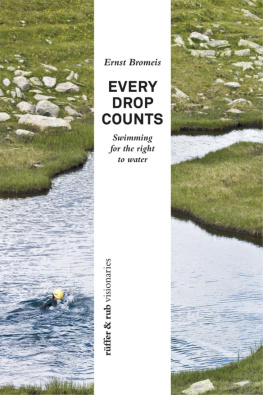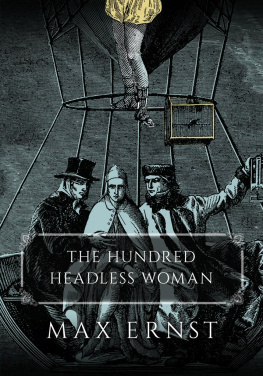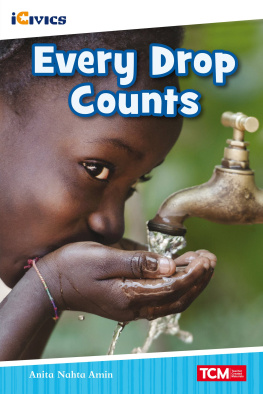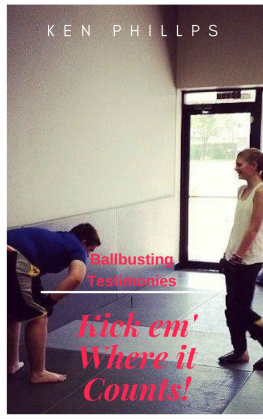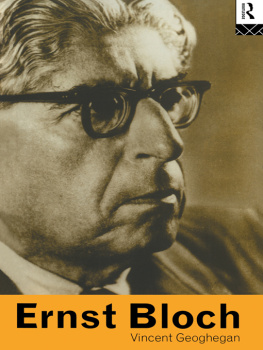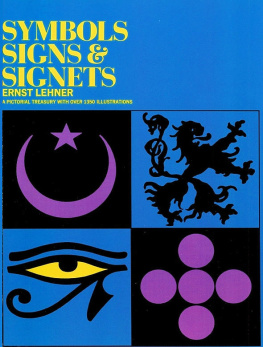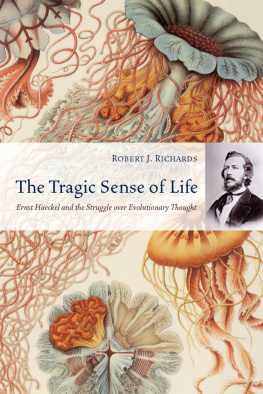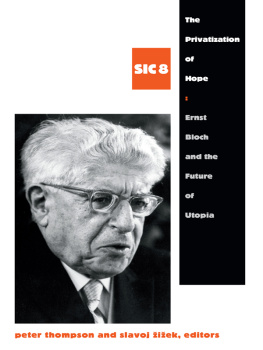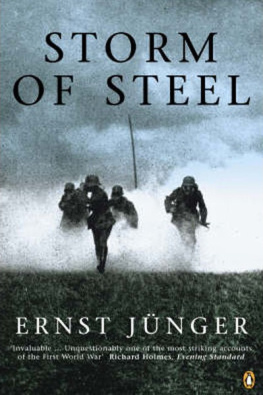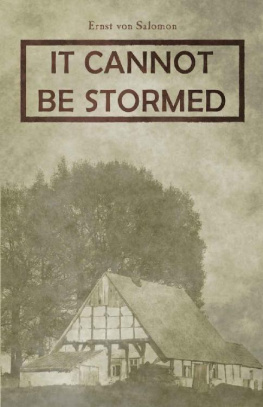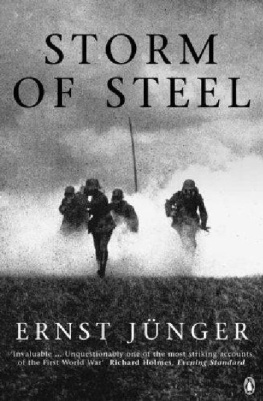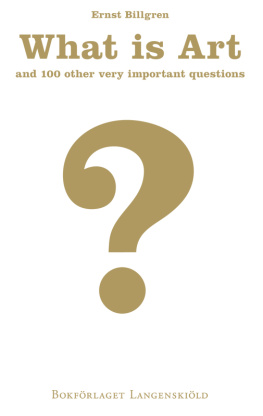Ernst Bromeis
EVERY
DROP
COUNTS
Swimming
for the right
to water
For those who thirst for life
The author and the publisher wish to express their
thanks for the generous support provided by
Elisabeth Jenny-Stiftung
E-Book-Version 1.0
All rights reserved Copyright 2016 by rffer & rub Sachbuchverlag GmbH, Zrich
ISBN E-book: 978-3-906304-21-2
Design E-Book: Clara Cendrs
The E-Book is based on the book (Brochure)
First edition Autumn 2016
All rights reserved Copyright 2016 by rffer & rub Sachbuchverlag GmbH, Zrich
ISBN Book: 978-3-906304-23-6
info@ruefferundrub.ch | www.ruefferundrub.ch
Preface
December 2, 2015, Geneva. SRO (standing room only) in the citys Auditorium Ivan Pictet. Thronging it is a group of distinguished persons. They have come to honor the four winners of this years Alternative Nobel Prizes. The auditoriums building bears the name Maison de la Paixhome of peace. Rarely has the name of the venue for an event so closely accorded with its thrust. The event is kicked off by two speakers: Barbara Hendricks, who is Germanys minister of the environment, and Michael Mller, who is Director-General at the UN in Geneva. The events title is On the front lines and in the courtrooms: forging human security.
The discussion following the two speeches is conducted by the four winners. Suddenly, one of them, Dr. Gino Strada, makes a statement of electrifying import. He states: The UN was founded in the aftermath of the Second World War. Its purpose was and is to liberate following generations from being hostages of unceasing warfare. Since that day, the world has experienced more than 170 armed conflicts. And you have never broached the subject of how to abolish warfare? Come on guys, this is incredible! The audience responds with embarrassed laughter and incredulous amazement.
Gino Strada knows all too well what he is talking about. In 1994, he founded Emergency. This NGO provides medical treatmentoften supplied at clinics built by Emergency itselfin regions roiled by conflict, and, as well, development assistance to victims of warfare. Of them, 10% are soldiers themselveswith the remaining 90% being civilians. Strada ends his statement with You can call me a Utopian if you like. But remember, everything appears to be a Utopia until someone realizes it.
I have a dream. Made by Dr. Martin Luther King, this statement is probably the one the most often quoted over the last few decades. Thats because Dr. Kings dream of a world in which justice prevails is shared by so many people. Some of themmore than we are probably aware of and yet not enough by farhave devoted themselves to employing their guts, their hearts and their minds to making this dream come true. Along with Dr. King and Gino Strada, other well-known dreamers include Mother Teresa and Jody Williams. Calling them Utopians is actually anything but an insult. Each great advance recorded by humanity started out as a Utopian idea, a hope, a vision.
This book is the second in our new series of rffer&rub visionaries. We have a very clear objective in launching it. These books are going to fan the sparks emanating from the ideas and hopes propagated by these visionaries into bonfires of dedication and endeavor. The heart of each book is the authors very personal look at her or hishighly-important scientific, cultural or societal topic.
Each author will tellin simple, inspiring wordshow she or he got involved with this topic, and how she or he started looking for answers to its questions that made sense, for solutions dealing with its problems. These books will tell you what it means to commit yourself to a cause, to live your commitment every day, to develop and implement a vision for its realization. These visions are highly variegatedpolitical, scientific or spiritualin nature. All of them share their visionaries yearning for a better worldand their willingness to put their hearts and souls into realizing them.
All of these visions and all of the activities undertaken to make them come true share something else in common: the deep-rooted conviction that we can positively shape our future, that we can restore the health of the planet on which we all live. Another strong conviction adhered to by all of us: we are convinced that each and every one of us is capable of undertaking the steps required to make each of us part of the solution, and not of the problem.
Anne Rffer, publisher

Prologue
It is raining outside the church. Its bells are tolling in mourning. Someone has died and is being buried this afternoon. The mourners are arriving to commemorate the persons life and times.
The bells then fall silent for a short period of time. Then the organ booms. It launches into the prelude. We have now the space and time of several hours to remember what we shared with the deceased, to reflect on our own lives. There comes a time in everyones life in which it becomes clear that our time on earth is limited, and that this time is being shared with a circle of people.
The churchs benches provide an ideal place to sit and consider the question of whether your life is passing you by, like a river does an observer, or whether you yourself are riding on and guiding your river of life.
The deceaseds biography is recounted by the pastor presiding over the funeral service. The most important moments are mentionedbirth, childhood, adolescence, marriage, children and grandchildren. The pastor provides a brief overview of the deceaseds career, relationships and hobbies. This accounting is interspersed with anecdotes. All this gives rise to a flood of memories and images on the part of the people attending the service.
One thing that this recounting could have well included were the deceaseds dreams for his life. The reason for their omission is that the deceased, like most of us, refrained from telling the world what he really needed to achieve in his life, and how he had planned on attaining this. This refraining is not surprising. Most of us have, after all, a hard time admitting even to ourselves what we really yearn for, let alone telling this to others.
This may apply to even our partner and to our dearest friends. This lack of disclosure may mean that they are not aware of the places and deeds that we planned on visiting and doing. Our Western, reality-driven society often has a hard time with dreams and yearnings. This is because they are irrational and diffuseand are based on feelings. As such, they do not belong to the world of adults, to a world ruled by calculations.
Artists enjoy one great privilege. They are allowed to pursue their dreams. The rest of us are enjoined to function properly and to dispense with daydreaming. A number of the people sitting on the churchs benches would have been embarrassed by the funeral services divulging of the deceaseds wishes for a free, independent and adventurous life. Sorrow belongs at such servicesand dreams and yearning do not.
I am writing these lines in my office, which is but a stones throw away from the Church of St. John in the Swiss village of Davos Platz. The office is home to Das blaue Wunder. This is my company. Its name means the blue miracle. Since my office is located so close to the church, its not surprising that we get to hear the tidings tolled by its bells: of funerals, weddings, baptisms and new years. The rhythm of the tolling reminds me from time to time of how quickly timemy time on earth is flowing past.
Why are we so afraid to realize our dreams and yearnings? After musing on that question for a long time, I resolved one day to face this fear. This book tells the result of that. It tells you the story of how I realized my dreams and yearnings: by swimming 200 lakes in Switzerlands canton of Graubnden, the entire length of the Rhinethe 1247 kilometers it traverses from its source to the North Seaand, as well, other bodies of water. And by founding the blue miracle.


